Showing 1-15 of 29 results

Health Lab
The FDA approved the use of a therapeutic device invented and developed at the University of Michigan for use in children with acute kidney injury and sepsis or a septic condition requiring continuous kidney replacement therapy.

Health Lab
At-home test can detect tumor DNA fragments in urine samples, providing a non-invasive alternative to traditional blood-based biomarker tests
Department News
Former DCMB PhD student Dr. Shuze Wang was published in Developmental Cell.
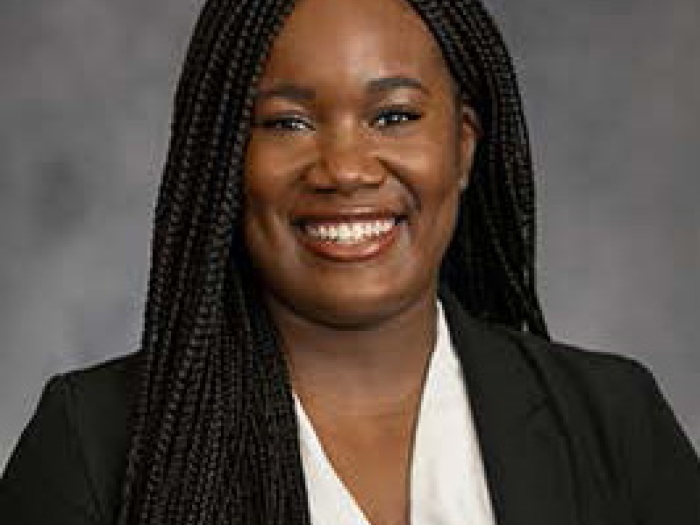
Department News
Congratulations to incoming intern, Chioma Anidi on being the 2024 recipient of the Albert C. Furstenberg Award
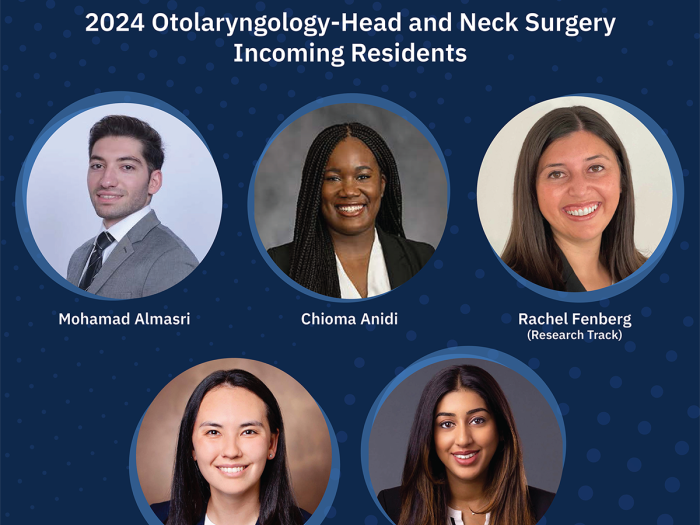
Department News
Meet the newest residents to join our program

Health Lab
Measles: 10 things to know about immunization and prevention

Health Lab
2 in 3 parents in national poll say their child ages 5-12 use personal audio devices; pediatrician offers 4 tips to reduce noise exposure risks

Health Lab
Elective surgery study shows older adults have concerns about what it will cost them, how much work they’ll miss and whether they’ll catch COVID-19.
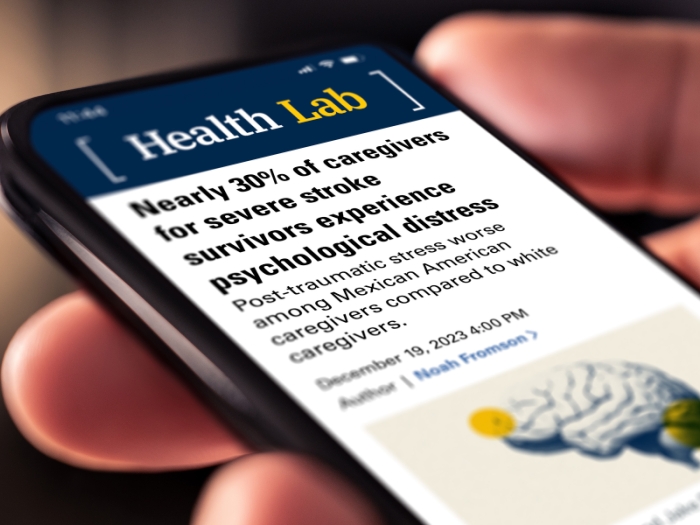
Health Lab
With over 400 stories published on Health Lab in 2023, the following 10 articles were the most read of the year.
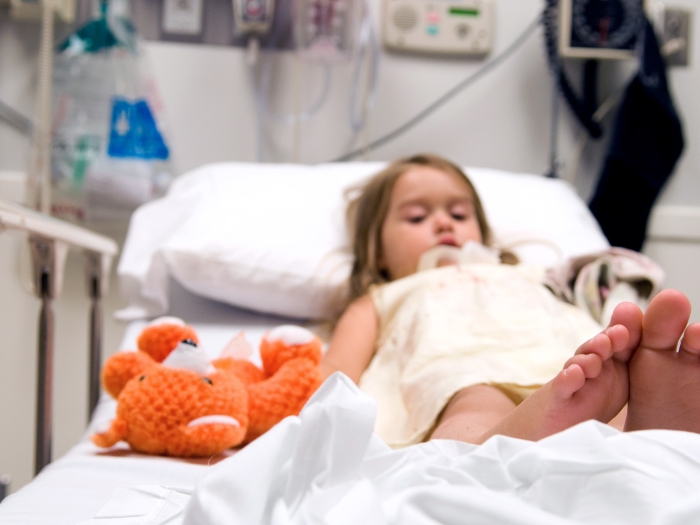
Health Lab
Focusing on the ‘tripledemic’ of RSV, flu and COVID-19 infections that occurred last year, their results underscore the importance of all types of hospital emergency departments being prepared to care for sick children, especially when health systems become strained.

Health Lab
Winter surges in infectious diseases can ruin holidays, but vaccination against COVID-19, flu, RSV, whooping cough and pneumonia can help.

Health Lab
Michigan Medicine researchers have found that growing bacteria on agar mixed with organs is an efficient and effective way to study infectious pathogens.

Health Lab
Research published from experts at Michigan Medicine, the University of Pittsburgh School of Medicine, and UPMC Children’s Hospital of Pittsburgh shows that children in daycare centers were not significant spreaders of COVID-19

Health Lab
A cost effectiveness analysis of the updated COVID-19 vaccine shows that it will save money in older adults and give good value for other adults.
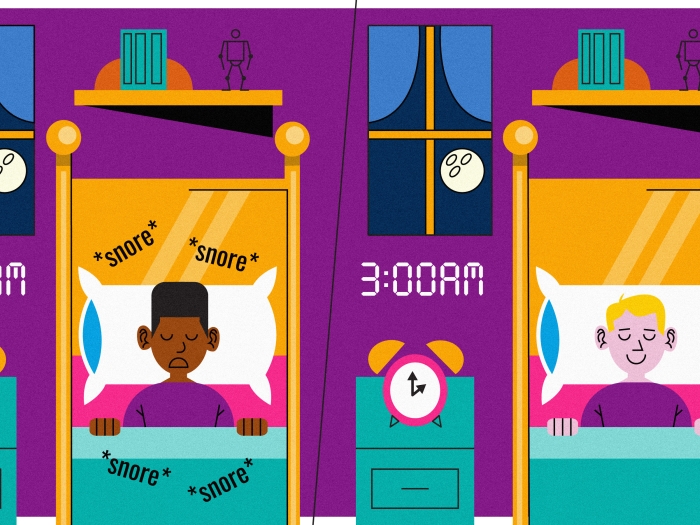
Health Lab
As researchers explored potential reasons behind racial disparities in treatment outcomes for children with severe sleep apnea, they were expecting to find the answer in socioeconomic factors. But they were surprised to learn that when one risk factor – obesity – was taken out of the equation, race was no longer associated with worse post-surgery outcomes for obstructive sleep apnea.